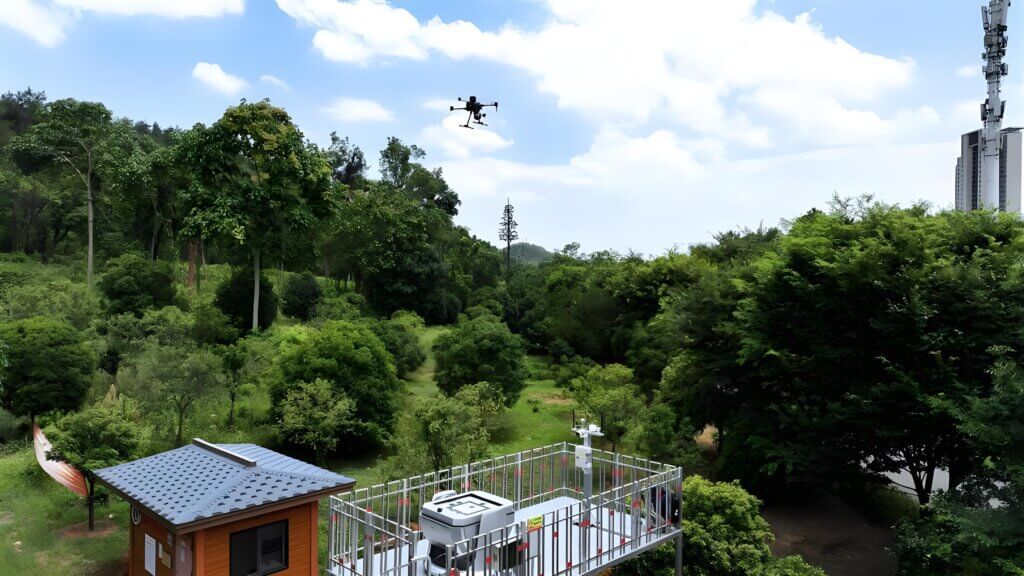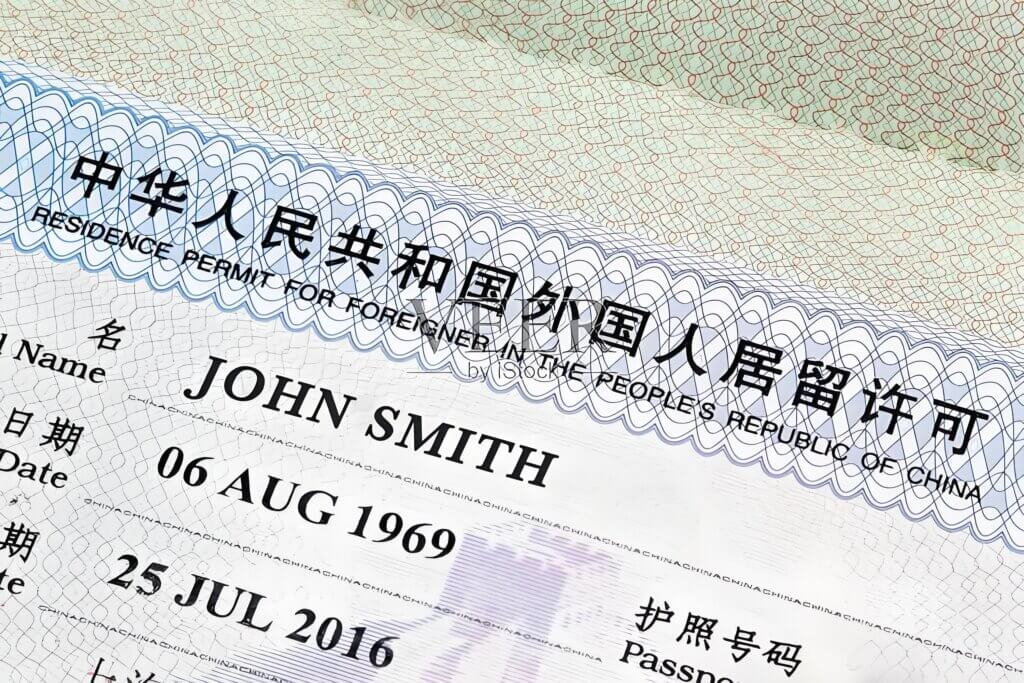
Introduction
As drone technology continues to evolve, so do the regulations governing its use. In China, the latest 2025 drone regulations aim to ensure safety, privacy, and efficient airspace management. Whether you’re a hobbyist or a professional, understanding these rules is crucial for legal and safe drone operations.
1. Drone Registration Requirements
All drones in China must be registered with the Civil Aviation Administration of China (CAAC). The registration process requires a Chinese phone number and a WeChat account, making it challenging for foreigners without local assistance. The registration involves submitting personal details, drone specifications, and photos of the drone and its serial number.
2. Flight Restrictions and No-Fly Zones
China has designated specific no-fly zones, including areas near airports, military facilities, and government buildings. Drones are also restricted from flying above 120 meters in most areas, except in designated “suitable flight zones” where lower altitudes are permitted.
3. Real-Name Registration and Licensing
Pilots of small and medium-sized drones do not need a license but must complete real-name registration. However, operators of larger drones or those used for commercial purposes must obtain a pilot license and adhere to stricter regulations.
4. Privacy and Safety Concerns
Drones equipped with cameras and sensors must not infringe on personal privacy. Violations can lead to severe penalties. Additionally, pilots are responsible for ensuring their drones do not pose safety risks to people or property.
5. Penalties for Non-Compliance
Failure to comply with drone regulations can result in fines, confiscation of equipment, or even legal action. It’s essential to stay informed and adhere to all guidelines to avoid penalties.
Conclusion
The 2025 drone regulations in China are designed to balance innovation with safety and privacy. By understanding and following these rules, drone enthusiasts can enjoy their hobby or profession without legal hassles. For more detailed information, visit the official CAAC website or consult local authorities.





